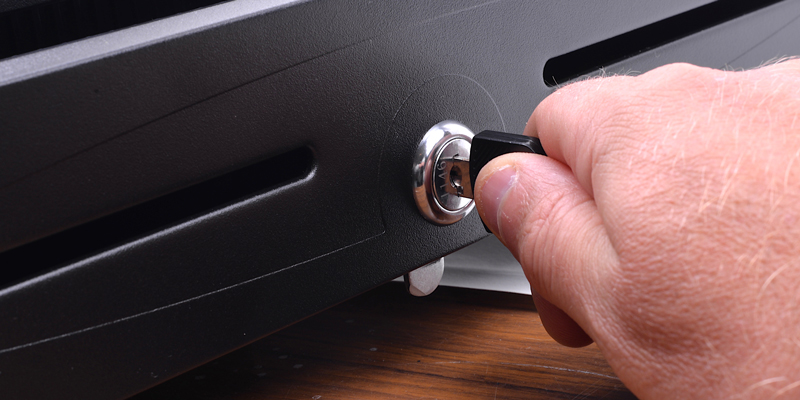7 Key Things for a College Student's Emergency Preparedness Checklist
If you are a college student, check out these things to have on your emergency preparedness checklist to protect yourself and your course materials.

If you are a college student, check out these things to have on your emergency preparedness checklist to protect yourself and your course materials.

Hurricane season has officially arrived. Earthquakes can happen almost any time of year. Other emergencies and disasters are even more unpredictable.
With all of these factors, it's important for college students to have an emergency preparedness checklist in the event of a serious situation. Consider the following things to account for in your emergency preparedness plan.
If you live along the Gulf coast or Atlantic Ocean, you might be in the projected cone of a hurricane. Earthquakes are certainly more common on the west coast. Of course, flooding, wildfires, and other natural disasters can occur in a variety of locations.
Because of all these potential conditions, it's important to be aware of what could happen and, more importantly, to be proactive. Having simple things on hand like a flashlight, batteries, water, and nonperishable food can help you if you lose power. It can also be beneficial to get a surge protector for your computer or a chargeable battery pack for your cell phone. As a college student, at least you could still manage to work on homework or study for your next quiz by having a few basic resources at your disposal.
If a hurricane is about to hit your area, there's a chance you might have to evacuate away from the path of the storm. Be sure to know if you are in a certain evacuation zone. Then think about where you could go and family and friends with whom you could stay if such a scenario were to occur.
Plus, you should know exactly where to exit your school if you take classes on campus, your residence, or your workplace. Being prepared with all of this information can serve you quite well in the event of an emergency.
It's easy to forget, but try to gather up some items for a first aid kit. Such a kit can be a lifesaver during an emergency. These items could include:
Let's say you have a laptop that you use for your online classes. If you're only saving course-related files like notes and essays to the computer hard drive, you should consider backing up these files. Use an inexpensive thumb drive that you keep in a safe spot. Invest in an external hard drive. Check out one of the many cloud-based backup services out there. In some cases, students receive free cloud space from their college or university for this specific purpose. The last thing you'd want to happen is to lose a lengthy term paper or PowerPoint presentation you worked hard to create because your computer was damaged from a natural disaster.
Not only is it good to have one of these pieces of furniture for protecting your important documents from theft, but it can also help keep your course-related materials safe from an emergency or natural disaster.
Consider getting a waterproof safe or desk that allows you to lock the drawers with a key. Perhaps a storage or file cabinet with a key is also a good option. In the event of a flood, fire, or other emergency, you can be sure to protect your class notes, textbooks, handouts, and any other important items related to your studies.
In case of a power outage in which you lose your Internet connection, consider getting phone numbers and saving them in your phone for your instructors and at least a few students in your courses. That way, if you can't contact them online via email or Microsoft Teams, you'll still be able to do so by phone or text.
This can be particularly important if you are working on group projects or in the case of having a final exam for an online class. Being able to communicate with others can put you at ease and help remedy certain challenges.
Each college and university has its own set of policies and procedures on how to handle emergencies and disasters. Whether you're taking classes at a campus or you are a 100-percent online learner, you should make an effort to fully learn and understand the rules of your school. There might be specific departments to contact in order to report an issue or from which you can get more information in certain situations. Be sure to have this relevant info handy when you just might need to refer to it.